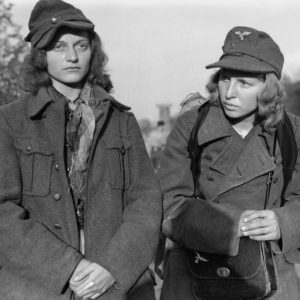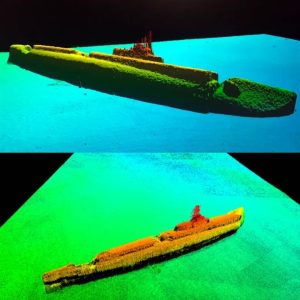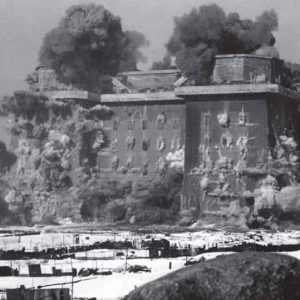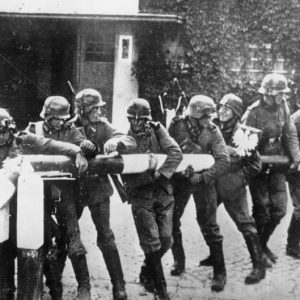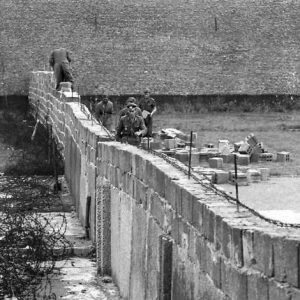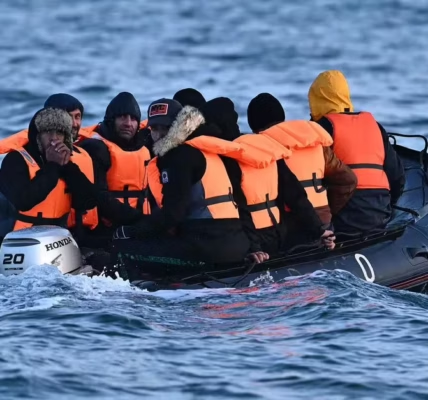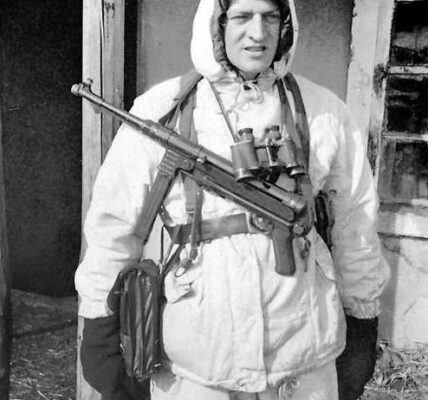“Steel, Mud and Soldiers – A Visual Chronicle of the German War Machine in World War II” _de
⚓At the port between war and waiting: A Panzer IV with a concealed cannon and German soldiers await transport.
A rare photograph of the logistical side of the war—far from the battlefield, but no less crucial.
📍Presumably Italy or France, circa 1943–1944
📸Historical photograph of the Second World War














